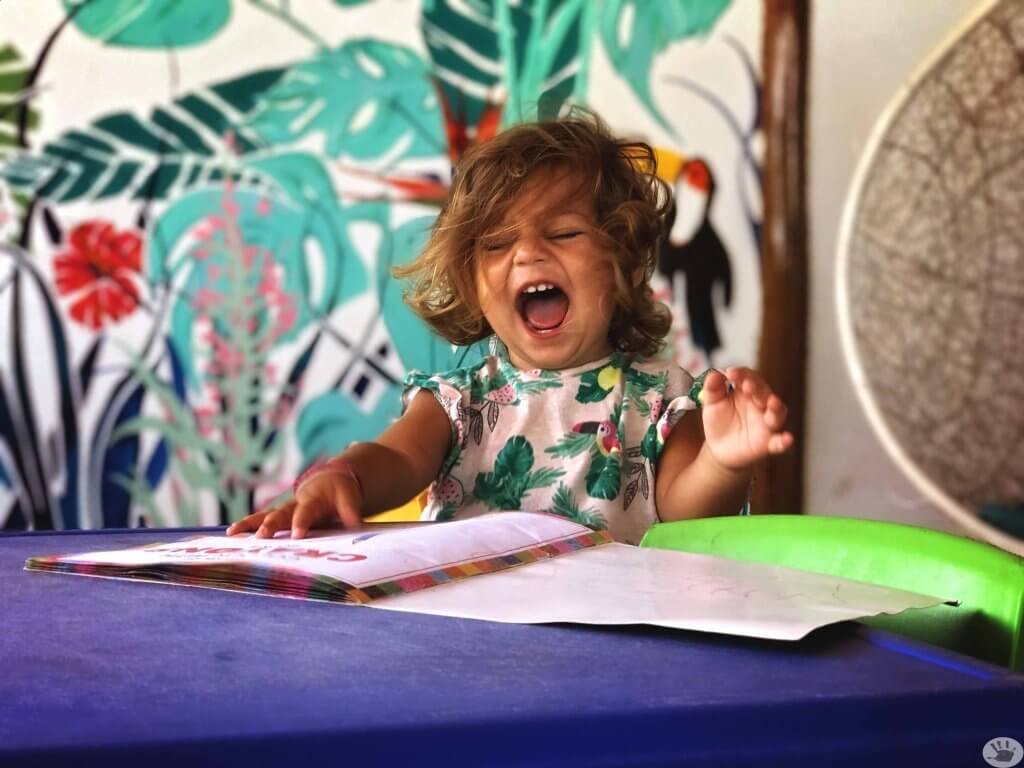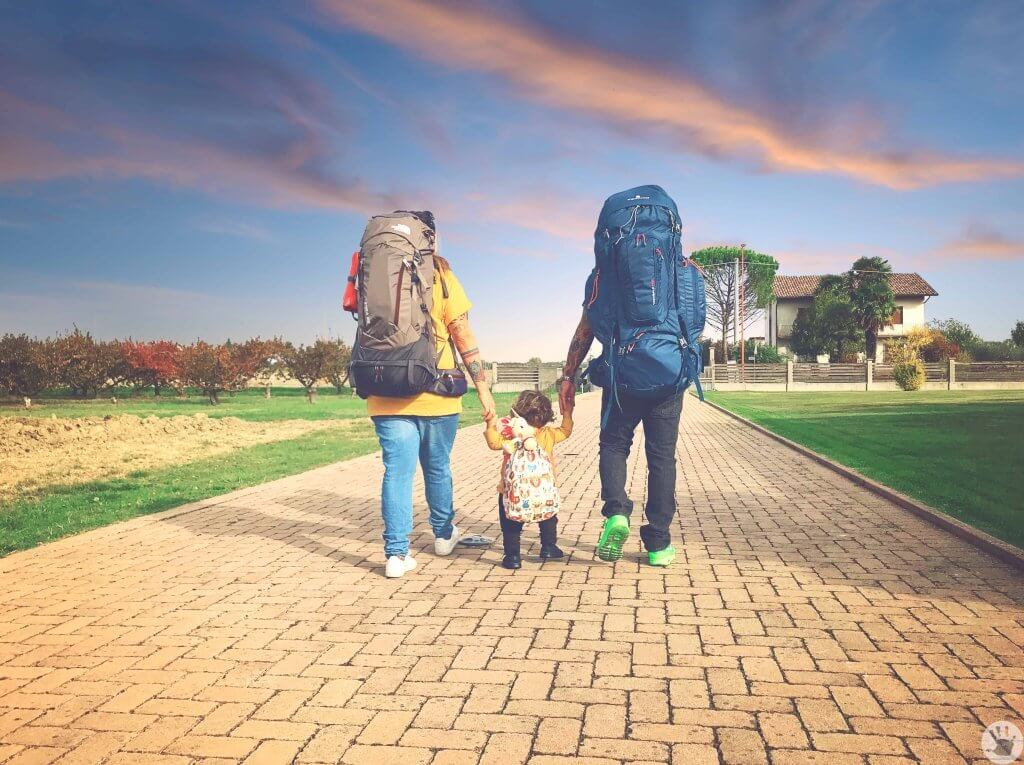Homeschooling, Our Educational Adventure

If you follow me on social media, you know our lifestyle choice, driven by the need to be free in the education of our children. Homeschooling has been for us the perfect choice since the beginning.
We tak about
Toggle
I admit that I am not against the school system in general, but I am against the constraints that come with it.
Observing my children, I realized they give their best when left free to choose. And when I say this, I mean freedom in every aspect.
I trust my children and let them choose what they want to learn. If one day, or even two or three, they don’t feel like studying in a didactic way, they don’t… We can go weeks without opening textbooks, but that doesn’t mean they aren’t learning.
Often, our trips and travels are organized to make them learn much more than they would sitting in school desks.
But let’s go in order and start from the beginning.
What is Homeschooling?
Homeschooling is becoming increasingly popular among families worldwide, and there is no better way to take advantage of this educational flexibility than by offering your children a unique learning experience: traveling!
I see homeschooling as an extraordinary opportunity to educate your little explorers while traveling around the world, but it is not a necessary condition.
You can decide to homeschool comfortably at home, taking advantage of what the surrounding territory offers: sea, plains, mountains, forests, rivers, museums. Any place is rich with practical information to convey to kids.
Homeschooling: An Alternative to Traditional Education
Homeschooling is a form of education where parents are responsible for their children’s education rather than relying on a traditional school. This approach offers great freedom in choosing learning content and locations, making it perfect for families who wish to travel.
In more practical terms, to start homeschooling, you simply need to inform the reference school of your choice and take an exam at the end of the year to certify the skills acquired and the educational path followed.
I am not the best person for technicalities, often forgetting enrollments and getting lost in bureaucracy, but there are many better-prepared homeschooling moms on the web for these practices. Our way of homeschooling is much closer to unschooling: an even more extreme practice that does not involve textbooks and allows children complete freedom to learn.
However, homeschooling can be an extraordinary educational opportunity for your children during travels:
Immersive Learning:
Traveling offers children the opportunity to learn immersively. Seeing historical sites, artworks, and different cultures firsthand can enrich learning in ways that a textbook never could. For example, a visit to the Colosseum in Rome can turn a history lesson into a memorable experience.
Exploration of Nature:
Nature is one of the best teachers, and traveling allows children to connect with their surroundings. Trips can include mountain hikes, national park explorations, or wildlife research, offering children the opportunity to learn biology, ecology, and geology in a practical way.
Cultural Exchange:
By traveling, children can interact with people from different cultures. This experience not only helps them develop an open and respectful mindset but also provides the opportunity to learn new languages and discover unique traditions.
Creativity and Adaptability:
Traveling often involves planning and problem-solving in real-time. This can help children develop creative skills and adaptability, valuable abilities for their future.
How to Start Homeschooling During Travels
Here are some tips on how to start homeschooling during travels:
Flexible Planning:
Develop a flexible study plan that adapts to your travels. Incorporate destinations into your educational goals. Remember that the ministerial programs you should follow are very broad and interpretable guidelines. Do not rush to complete them and trust your children and their interests.
Online Resources:
Use online resources, such as courses and educational videos, to enrich your children’s learning. Many educational websites offer interactive content.
Document Experiences:
Incorporate the travel itself into the learning. Encourage your children to keep a travel journal, take photos, and keep a record of cultural experiences. I can’t help but recommend my MiniLonely series, which includes various workbooks for your little travelers to scribble in.
Connect with Other Families:
Look for other homeschooling families who travel. This can create social opportunities for your children and allow for educational exchanges.
In conclusion, homeschooling is an extraordinary opportunity to offer your children a comprehensive and experiential education.
Traveling provides valuable lessons that go far beyond textbooks and traditional classrooms.
So, if you are planning a new family adventure, consider the opportunity to turn the world into a global classroom for your little explorers. I am convinced they will be eternally grateful.
Our homeschooling adventure began in Spain, but it is in Asia that we found the best locations for our needs. If this is a topic that interests you, I refer you to the dedicated article on digital nomadism: Thailand: The Ideal Destination for Digital Nomads with Family.
Digitally yours
☀️ Sara ☀️



